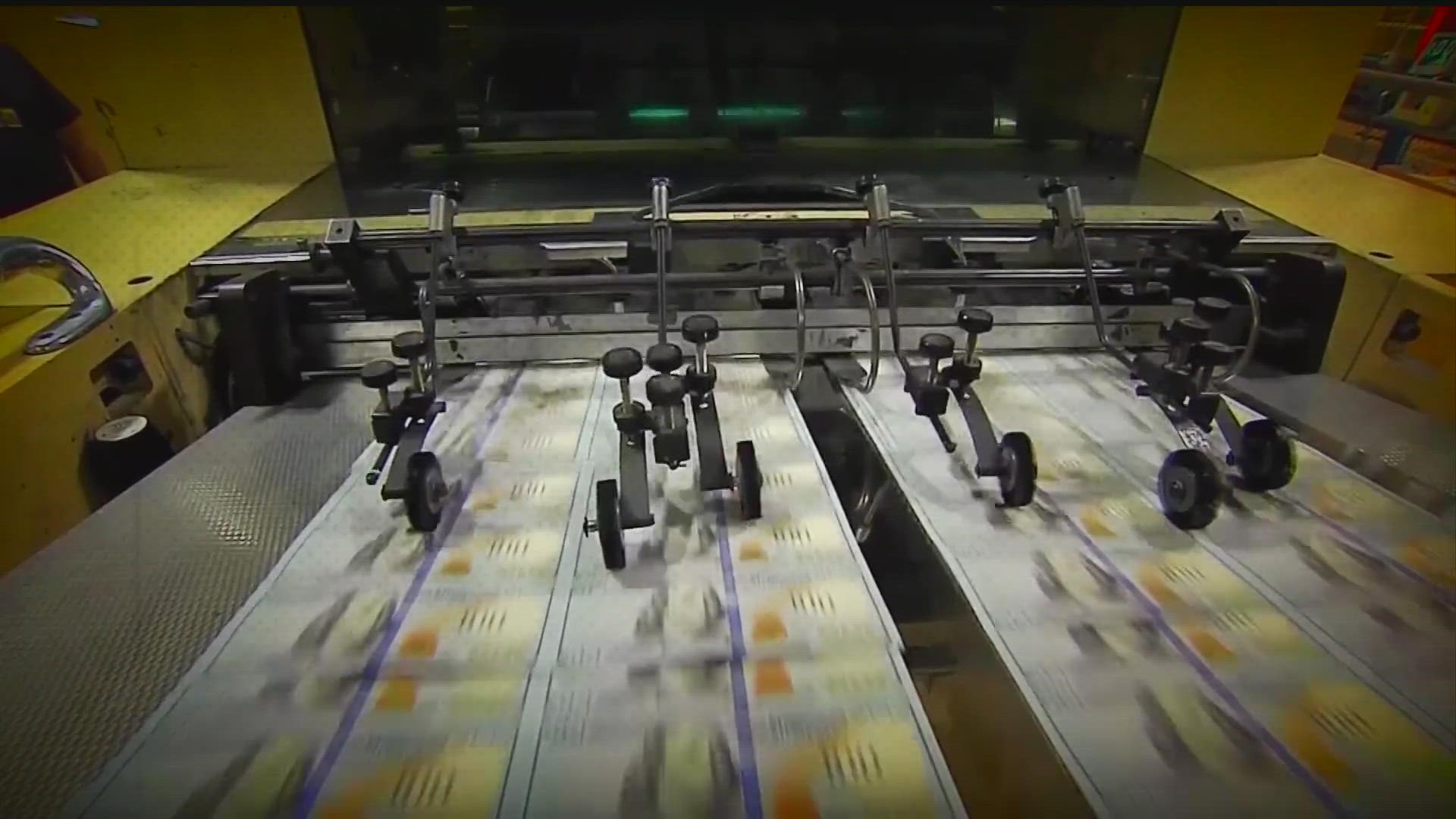MINNEAPOLIS — By making borrowing more expensive, the Federal Reserve's steady increase of key interest rates over the last eleven months seems to have worked to slow demand and tame inflation.
The Fed, which announced a smaller quarter-point rate hike this week, has raised interest rates from 0.25 percent in March 2022 to a current level of 4.75 percent. In turn, inflation rates have dropped from a peak of 9.1 percent in June 2022 to 6.5 percent in December 2022.
But with the Fed leaving open the possibility of more rate increases in the near future, the question lingers:
Will the U.S. experience a recession?
"I can't tell you," University of Minnesota economics professor Timothy Kehoe said. "I could debate either side of that question, but I'm hoping that we're going to knock out inflation without having a recession."
The fear is a repeat of history. When inflation soared during the late 1970s and early 1980s, the Federal Reserve moved aggressively on monetary policy, followed by the worst economic downturn at the time since the Great Depression.
With the nation's current unemployment rate sitting at 3.5 percent -- the lowest mark in a half-century -- the Fed hopes to avoid the troubles of the past and achieve a so-called "soft landing."
"The Fed, right now, seems to have more credibility. During the horrible period of what we called stagflation of the 1970s, it lost a lot of credibility," Kehoe said. "I am optimistic, but if you're going to ask me to predict what's going to happen, I'm going to say I don't know."
Talk of a recession in 2023 has been constant, with vigorous discussion among economists on both sides of the issue. Gregory Daco with Ernst and Young consultant EY-Parthenon told NBC News that any potential recession would be "likely to be different than prior ones."
"We have not seen the type of severe pullback we usually see at the onset of a recession, where businesses look to cut costs rapidly," Daco told NBC. "So the pullback is likely to be softer and more gradual than in the past. We're not going to see broad-based layoffs."
Ultimately, the Fed has indicated that it wants to get inflation down to two percent, which will require a tricky balancing act.
"We live in interesting times," Kehoe said. "These kind of unsettled times are interesting to study. This could be the turning point and this will be a lesson we can talk about in class in the future."
Watch more local news:
Watch the latest local news from the Twin Cities in our YouTube playlist:

